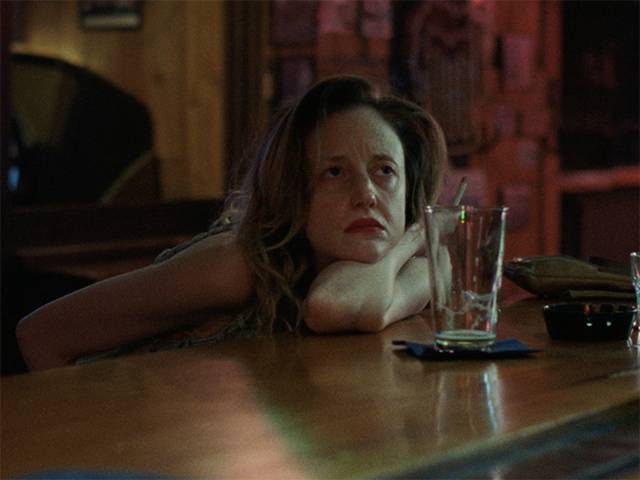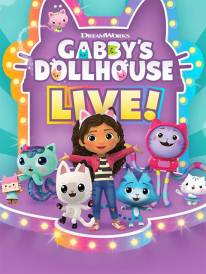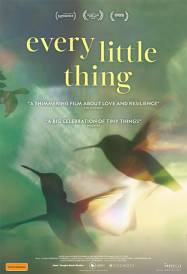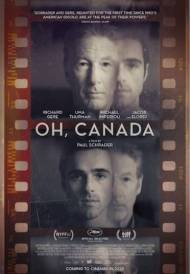Andrea Riseborough To Leslie

To Leslie
Starring: 2023 Academy Award nominee – Best Actress – Andrea Riseborough, Owen Teague, Catfish Jean, Stephen Root, James Landry Hebert, Marc Maron, Andre Royo, Matt Lauria, and Allison Janney
Directed by Michael Morris
Written by Ryan Binaco
Produced by Claude Dal Farra, Brian Keady, Kelsey Law, Ceci Cleary, Philip Waley, Jason Shuman, Eduardo Cisneros
A West Texas single mother wins the lottery and drinks it away just as fast, leaving behind a world of heartbreak. Years later, with her charm running out and nowhere to go, she returns home to confront her past, her choices, and her future.
Leslie (Andrea Riseborough) is a West Texas single mother struggling to provide for her son (Owen Teague) when she wins the lottery and a chance at a good life. But a few short years later the money is gone and Leslie is on her own, living hard and fast at the bottom of a bottle as she runs from the world of heartbreak she left behind.
With her charm running out and with nowhere to go, Leslie is forced to return home to her former friends Nancy and Dutch (Allison Janney, Stephen Root). Unwelcome and unwanted by those she wronged, it's a lonely motel clerk named Sweeney (Marc Maron) who takes a chance when no one else will. With his support, Leslie comes face to face with the consequences of her actions, a life of regret, and a second chance to make a good life for her and her son.
To Leslie
Running Time: 119 Minutes
DIRECTOR'S STATEMENT
I believe in the power that movies have to create empathy. Those two hours or so in the dark, watching... we're in the hands of the filmmaker to show us something new, to shake us, to insist that we feel things we may never have felt before. I've had countless experiences of this in my own life. The intimacy I have felt with the characters on screen was unlike anything else. It was more tangible than characters from a novel, more close and present than I found in live theatre. Juliette Binoche in Blue, or Damage... Emily Watson in Breaking the Waves, Harry Dean Stanton in Paris, Texas, John Cazale in Dog Day Afternoon, Robert Duvall in Tender Mercies, Takashi Shimura in Ikiru, Barbara Loden in Wanda " these and so many others " moments of intimacy with someone who was not in my sphere, in a world I wasn't in. They gave me something very real and tangible: they made me understand my connection to them on a human level. I had shared something with them, and they had shared something with me.
I wanted to build my own empathy machine. I wanted to tell a story and present a character in a way that would give the audience no choice but to share intimacy with someone who might be outside of their sphere. Someone who behaves the way she behaves because that's the way she is, not so that you or I or anyone else might like her. I wanted to get to a place of intimacy with Leslie, where the camera is an extension of her world. It's experiencing the same things as she does, it's breathing the same air.
Ryan Binaco wrote the script as a love letter to his mother. But unlike most love letters, Ryan never glossed anything over, or pretended that Leslie was nobler than she actually was in life. His clear-eyed honesty was what I responded to the most: the gift of seeing someone as they are, and allowing that to be enough.
I remember a small moment when I was around 11, looking up and seeing a deep sadness in my mother that I had never seen. Glimpsed suddenly like this, one afternoon, it opened my eyes to a world of her experience that I had never imagined before. What was it? A small piece of behavior? A hand covering her face for a moment, stopping tears? It was a tiny glance which lasted just a couple of seconds before she recovered, but in that moment she became something other than my mother: she became a character, our life became a movie. In Leslie I wanted to present a whole person, her flaws and her strengths. All of her. I wanted the camera to find those small moments, those tiny glances that have the power to transform us.
To Leslie exists in motels and dive bars, laundromats and diners and cross-country buses. Much of it takes place between a freeway and railroad track. These are places that many of us pass through and keep going. "Just passin' through?" says Leslie at one point, "just passin' through, that's nice." I wanted to make a film that paused and looked around instead of passing through. The film was shot in the thick of the first wave of COVID. This was pre-vaccine, and we were entirely on location. It should have been impossible, and it would have been without the devotion and dedication of an extraordinary team of collaborators. With my virtuoso DP Larkin Seiple, we devised a look for the film that was inspired by street photography from the 1950s and 1960s. We were after grit and grain and imperfection, like Leslie herself, and we shot on 35mm film, pushed to create the grain we were looking for. My Production Designer Emma Rose Mead - who has an unbelievably specific eye for real-world detail - created spaces with texture and life and history. And my immensely talented and empathetic editor, Chris McCaleb, literally packed his life (and his Avid) into his car, drove to Albuquerque where I was working, and moved into my house.
I equate filmmaking with empathy, and in creating characters and telling stories on film I hope to increase, even in a small way, the amount of empathy in the world. To offer, in the words of the photographer Richard Learoyd, "an insight into another that will increase our humanity."
- Michael Morris
MORE



